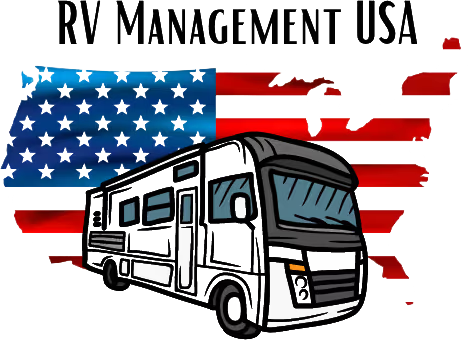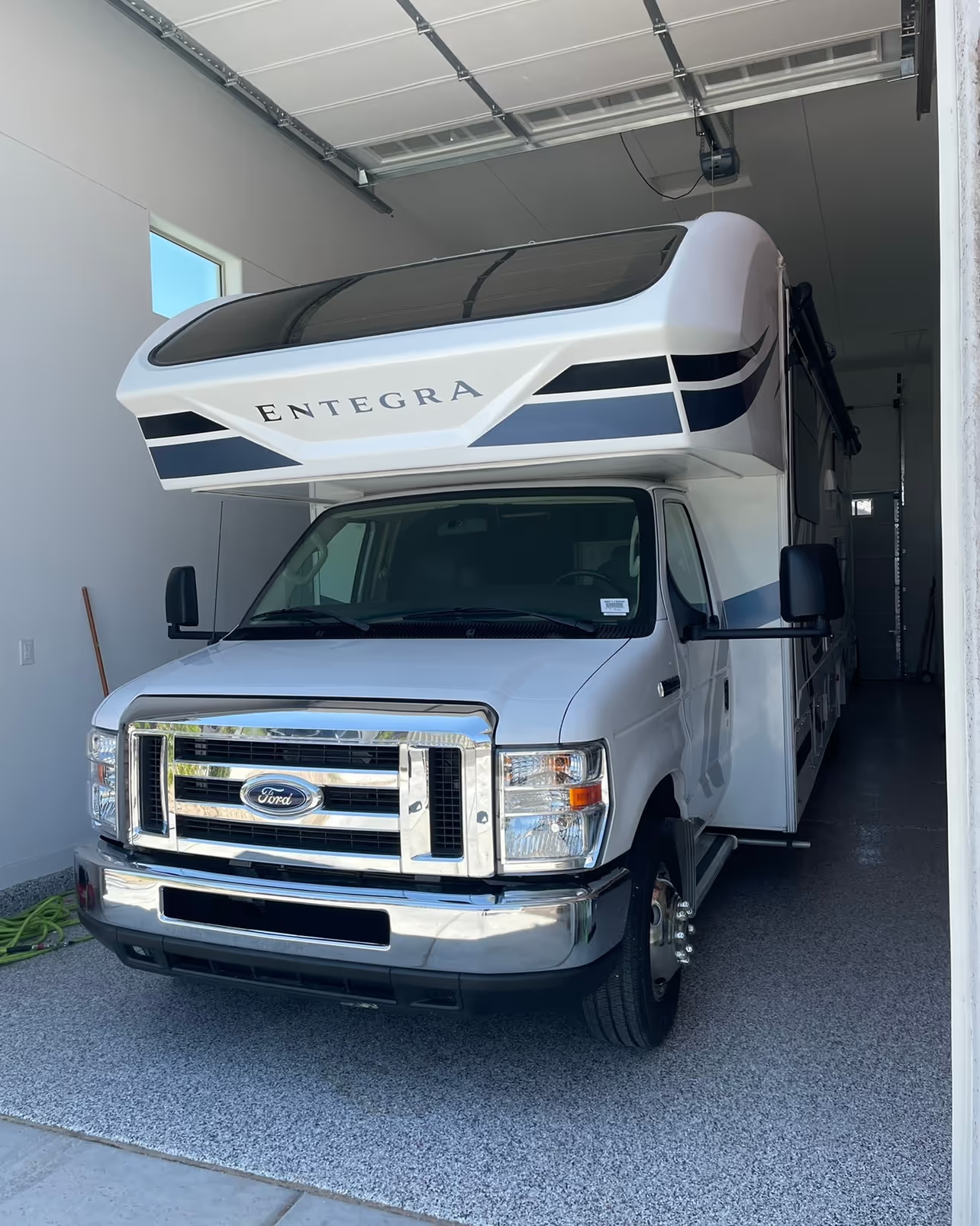Renting out your RV isn’t just a great way to generate passive income—it also unlocks powerful tax advantages. From depreciation to write-offs on expenses you’re already paying, the tax benefits of RV rentals can significantly improve your bottom line.
Whether you rent your RV occasionally or operate it as a full-blown side business, this guide breaks down what you need to know to keep more of what you earn.
Why Taxes Matter When Renting Out Your RV
The moment you rent your RV for income—even for just a few days—you cross over from personal use into business use. That shift opens the door to tax deductions that can offset income, reduce your taxable burden, and boost your return on investment.
But you need to know the rules—and follow them properly—to take advantage.
Key Tax Benefits of Renting Out Your RV

Let’s dive into the most impactful tax deductions available to RV owners in an RV rental management program like RV Management USA:
1. Depreciation
This is the big one.
Depreciation allows you to deduct the gradual loss in value of your RV over time. If your RV qualifies as a business asset, the IRS allows you to depreciate the unit over several years.
Example:
- RV purchase price: $100,000
- Depreciation (Year 1 under MACRS): ~$20,000–25,000
- Total depreciable life: 5–7 years (varies by tax jurisdiction and use)
Even if you only earn $15,000 in rental income, a $20,000 depreciation deduction can offset other income—dramatically reducing your taxes.
2. Operational Expenses
You can deduct many of the day-to-day costs of keeping your RV rental-ready. These may include:
- Insurance (commercial and personal portions)
- Storage fees
- Cleaning and detailing
- Maintenance and repairs
- Listing fees (Outdoorsy, RVezy, etc.)
- Management fees (e.g., RV Management USA’s cut)
- Mileage to and from the RV (for business purposes)
- Advertising and marketing costs
- RV-related supplies (hoses, tanks, bedding)
These deductions directly lower your taxable income from rental activity.
3. Home Office or Admin Costs (if applicable)
If you’re managing bookings, tracking expenses, or coordinating with renters from a home office, you may be able to deduct:
- A portion of your internet bill
- Computer or phone used for the business
- Office supplies or subscriptions
- Business software for accounting or calendars
Keep clear records to prove these are related to your RV rental business.
4. Travel and Training

If you travel to inspect your RV, visit your manager, or attend RV-related expos, conferences, or business meetings, some of those expenses may also be deductible. That includes:
- Fuel and lodging
- Meals (50% rule applies)
- Event tickets or booth costs (if used to market your rentals)
This is especially helpful for owners who manage their RV remotely or move their unit seasonally.
The 14-Day Rule (U.S. Specific)
If you live in the United States, the “14-day rule” is a key tax consideration.
If You Rent Your RV:
- For 14 days or less per year: You don’t have to report the income, and you can’t deduct expenses.
- For more than 14 days per year: You must report rental income, but you can deduct qualifying expenses and depreciation.
That means: renting for just 2 weeks might be tax-free—but renting longer could yield bigger tax benefits even after taxes.
Personal Use vs. Business Use: Keep It Clean
Your ability to deduct expenses is directly tied to how much you use the RV personally vs. for business.
To qualify for full deductions:
- Keep personal use to a minimum, or
- Track usage days carefully, separating business use from vacation use
Most accountants suggest keeping personal use below 14 days or 10% of total rental days, whichever is greater, to avoid IRS or CRA scrutiny.
Pro Tip: If you use your RV personally, you may still deduct a portion of expenses based on percentage of business use.
How RV Management USA and their Territory Managers Help with Taxes
Working with a rental management company like RV Management USA makes it much easier to stay tax-compliant and organized. Here’s how:
- Monthly and annual income reports
- Expense tracking for management fees, cleaning, and maintenance
- Reduced personal use = increased eligibility for business tax deductions
- Simplified insurance structure (covered under commercial policy)
- Cleaner paper trail for your accountant or tax preparer
All of this adds up to better documentation, fewer tax-time headaches, and more money saved.
What Records Should You Keep?

To take full advantage of RV rental tax benefits, keep detailed records of:
- Rental income (monthly and annually)
- All RV-related expenses (maintenance, cleaning, supplies, etc.)
- Personal use days
- Insurance and registration documents
- Depreciation schedules (from your accountant)
- Contracts with your rental manager
- Travel or mileage logs (if applicable)
A spreadsheet, or better yet, an accounting app like QuickBooks or Wave, can help keep everything organized.
Final Take: Tax Benefits Are the Hidden Goldmine
When done right, renting out your RV is more than just a side hustle—it’s a tax-efficient business.
Between depreciation, expense deductions, and the ability to offset personal income, the tax savings can make your rental income significantly more profitable than it looks on paper.
And with a professional rental management partner like RV Management USA, you gain:
- Passive income
- Detailed reports for tax season
- Peace of mind that your RV is clean, covered, and well cared for
- Storage and insurance solutions
- And most importantly—a more tax-efficient ownership model
Don’t just rent your RV. Rent it smart—with the tax benefits working in your favor.
Have questions about how taxes will apply to your RV rental situation? Reach out to the RV Management USA team—we’re happy to help you navigate it.
— RVM Team













